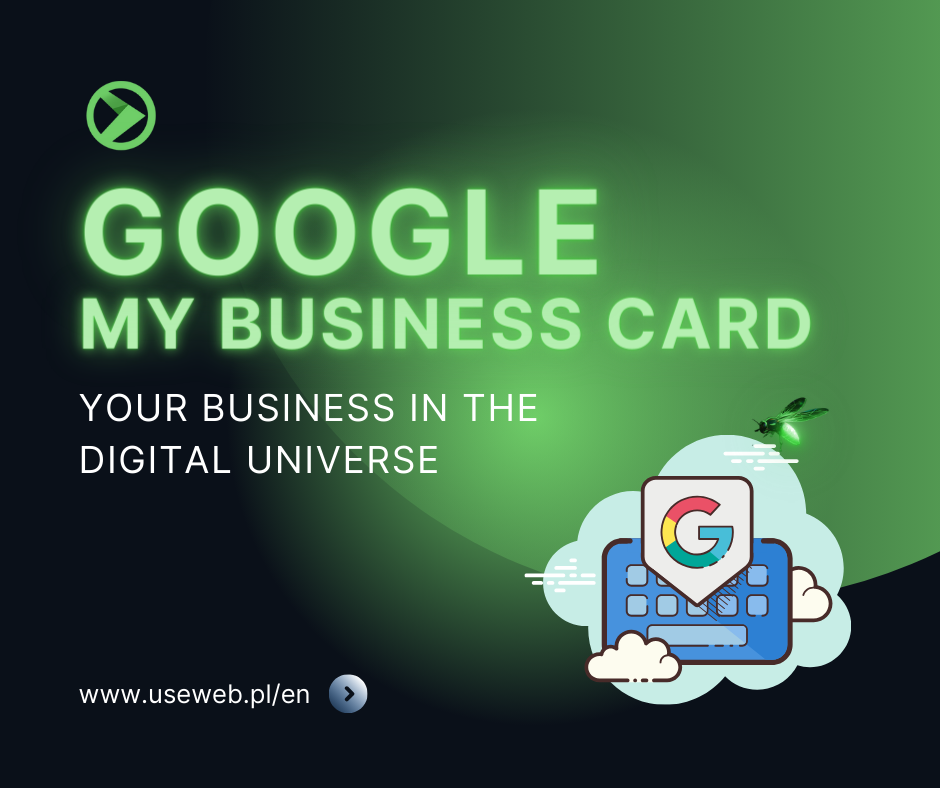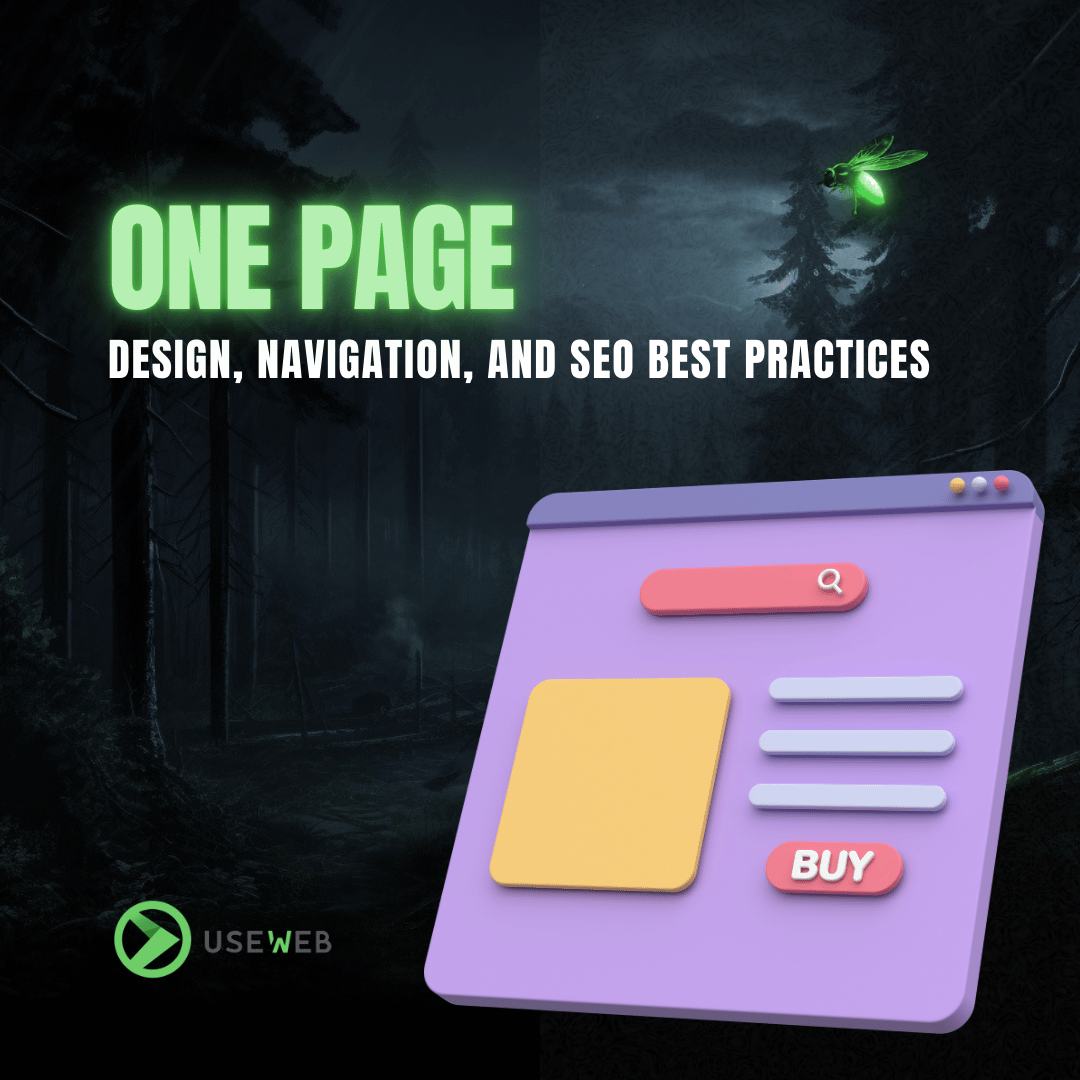Introduction
Choosing the right Content Management System (CMS) is one of the most important decisions you’ll make when creating a website. A CMS is a tool that allows you to create, manage, and modify content on your site without needing advanced coding skills. There are many different CMS options available, each offering various features, capabilities, and levels of complexity. In this article, we’ll discuss the key factors to consider when selecting the ideal CMS for your website.
1. Identify Your Needs
Understanding functionality
Before you start exploring available CMS options, think about what features are crucial for your website. Do you need a simple blog, an advanced e-commerce site, or a comprehensive corporate website with multiple subpages?
Key questions to consider:
- What kind of content will you be publishing?
- Do you need e-commerce support?
- How important is the ability to easily expand the site in the future?
- What are your requirements regarding security and performance?
2. Ease of Use
Intuitive interface
One of the most important aspects of a CMS is its ease of use. Regardless of your technical expertise, the CMS should be intuitive enough to allow you to manage content easily. CMS platforms vary in terms of user interface—some are more beginner-friendly, while others require more technical knowledge.
Drag-and-drop features
If you value quick and easy site creation, consider choosing a CMS that offers drag-and-drop features. These allow you to create and modify the layout of your site without needing to code.
3. Scalability and Flexibility
Room for growth
A good CMS should be scalable and flexible, allowing you to expand your site as your business grows. Ensure that the CMS you choose offers a wide range of plugins and extensions, enabling you to add new features without needing to change the entire system.
Integration with external tools
Check if the CMS supports integration with tools you already use, such as analytics, marketing platforms, or social media. Flexibility in this area will help you manage your entire online strategy more effectively.
4. Security
Protection against threats
The security of your website should be a top priority. When choosing a CMS, pay attention to its security features, such as regular updates, the ability to create backups, and support for SSL certificates.
Updates and technical support
CMS platforms that are regularly updated are less vulnerable to attacks. It’s worth choosing a system with an active community and technical support in case of problems.
5. Costs
Licensing and maintenance costs
Some CMS platforms are free but may require payments for additional features, plugins, or technical support. Other systems may require a one-time license fee or subscription costs. Before choosing a CMS, carefully analyze all costs associated with its implementation and maintenance.
Investment in site development
Remember that the cost of a CMS is not just about the license but also the time and money you’ll need to invest in developing the site. Choose a system that offers the best value for your money in the long run.
6. Community Support and Documentation
Active user community
A CMS with a large, active user community is a significant advantage. If you encounter problems, you’ll be able to rely on help from other users or benefit from the extensive knowledge base offered by forums and discussion groups.
Documentation and training
Check if the CMS you choose offers well-documented training materials, tutorials, and guides. Good documentation will make it easier for you to use the system and quickly resolve any issues.
Popular CMS Options
- WordPress: The most popular CMS worldwide, ideal for blogs, business websites, and small online stores. It offers thousands of plugins and templates.
- Joomla!: A more advanced CMS suitable for sites with greater complexity and specific requirements.
- Drupal: Highly flexible and scalable but requires more technical knowledge. Ideal for large and complex websites.
- Shopify: A specialized CMS for e-commerce, offering ready-made solutions for running an online store.
- Wix: A website builder that offers a simple drag-and-drop interface, perfect for small business and personal websites.
Conclusion
Choosing the right CMS is a crucial step in the process of creating a website. Each CMS has its strengths and weaknesses, so it’s essential to carefully analyze your needs and business goals before making a decision. Consider ease of use, scalability, security, costs, and the support offered by each system. This way, you’ll select a CMS that best meets your needs and allows you to effectively manage the content on your site.






